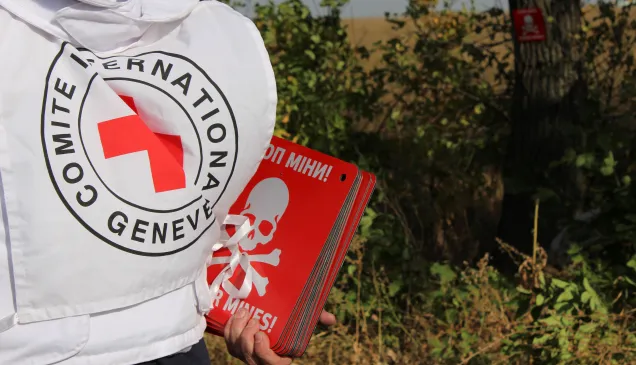In 1992, Tith Pao went with a friend to gather wood behind the refugee camp they lived in. The next thing he remembers, a loud explosion. "I looked down at my leg and saw that my foot had been destroyed."
Cambodia: From mine fields to rice fields
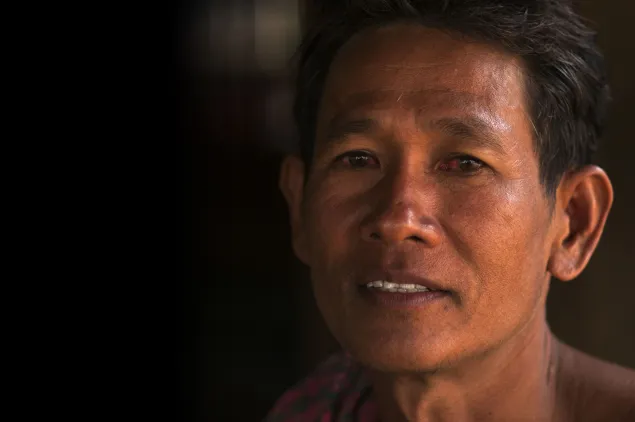
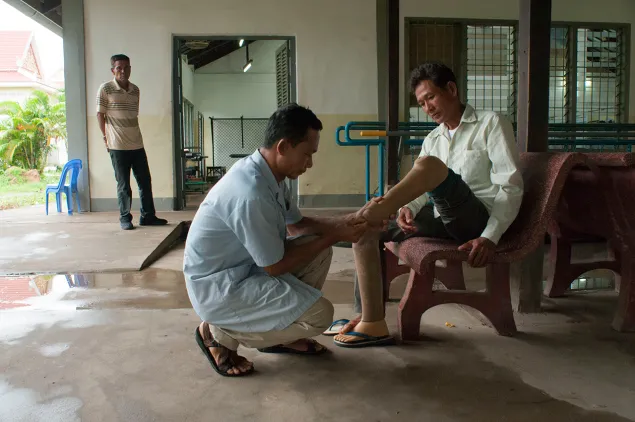
After his accident, Pao returned to his family who lived in a refugee camp in Rattanak Mondul located in north-western Cambodia. Shortly after he was fitted with a prosthetic limb, he was back in mine-infested forests looking for wood once again.
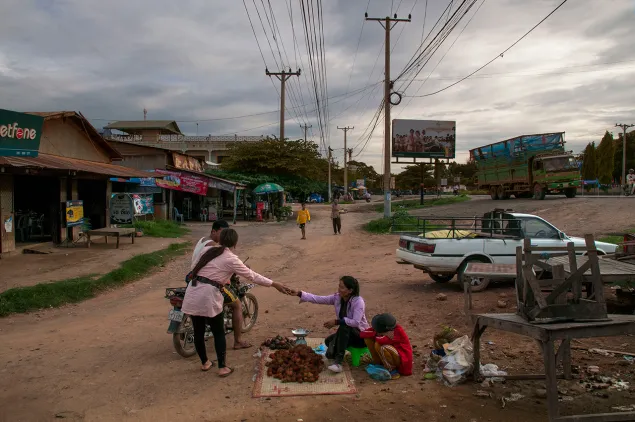
For years, Rattanak Mondul was at front line of Cambodia’s civil war. The Khmer Rouge used mines to deliberately target the villagers' mining river banks, wells, villages, dykes and paths.
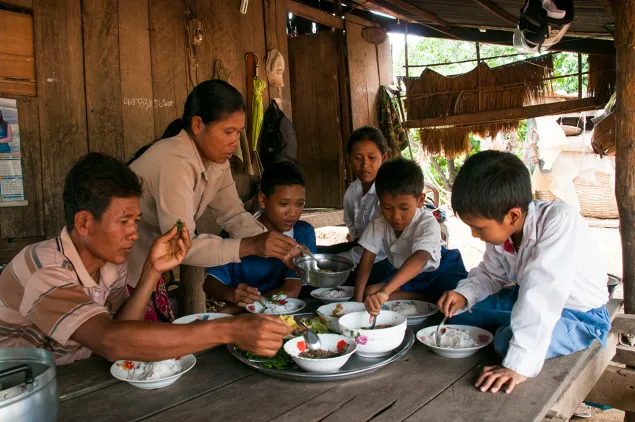
Pao was the breadwinner of the family, but there was no work in the camp. And to earn a living, meant risking his life. "I felt scared whenever I had to go to the forest and cut wood," he says. "But I had no choice. I needed to support my family."
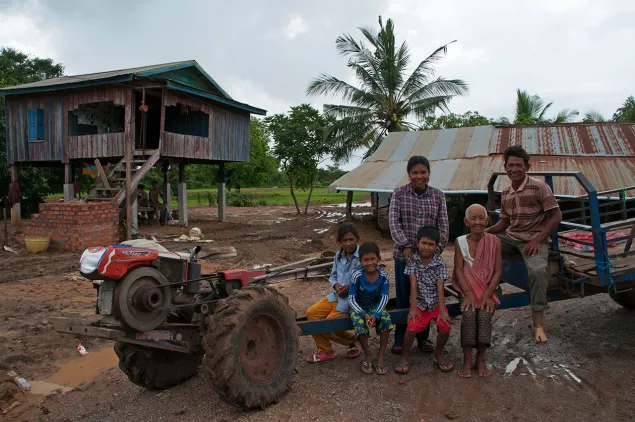
When the war finally came to an end, the Cambodian Mine Action Centre had cleared the area of mines and unexploded ordnance in Pao's hometown. Pao returned and built a small house for his family a year later. They have lived here ever since.
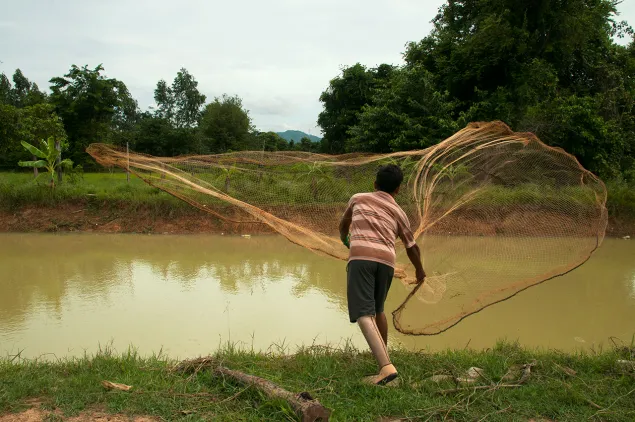
Concrete results of the international effort to ban landmines can be seen all around Cambodia. Today, there is no trace of the war and Rattanak Mondul is now almost free of landmines.
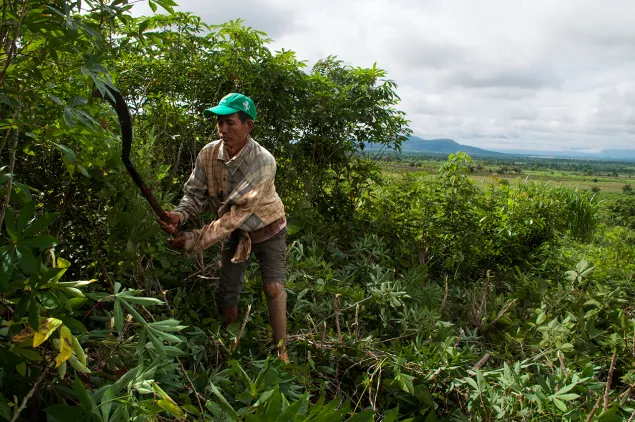
For Pao, life has improved beyond all expectation. "I feel so happy to own land," he says. "The land helps us to be independent."
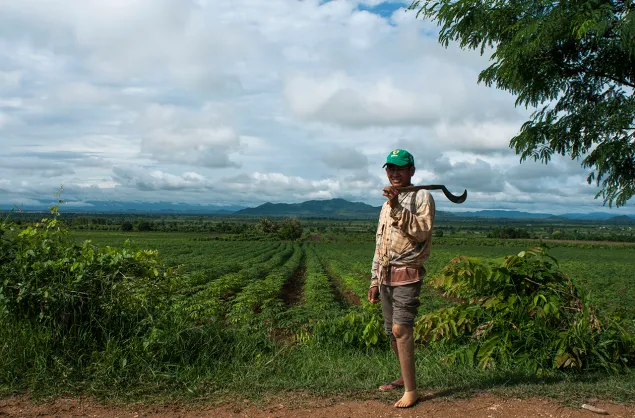
"When I think back to that time," says Pao. "All I can remember is the fear that we lived with. Now, life is like a tree that gives fruit."
In Cambodia, the ICRC is providing assistance to people and communities victimized by landmines. The struggling country continues to be impacted by the legacy of war.
In the 50 years of the ICRC's presence in Cambodia, the organization has supported the construction of medical facilities, developing an orthopaedic project helping people like Tith Pao receive prosthetic limbs.
Many of the 150,000 disabled people in Cambodia have lost limbs to landmines and face difficulties reintegrating into society.



